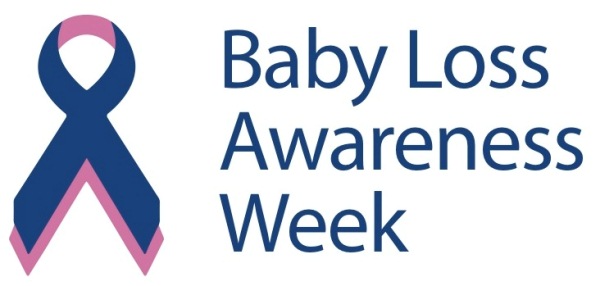Baby Loss Awareness Week takes place in October every year and is a time when bereaved parents, family members and friends can commemorate the short lives of their babies. Losing a baby is no doubt a heart breaking experience.
Here at the Trust, the care we provide is not just limited to the time when a family experiences a loss but also continues in the time after – no matter how long it takes. The bereavement service team is dedicated to providing parent led care which meets the individual needs of families.
Did you know the team were nominated for the Best Hospital Bereavement Service award at the 2014 Butterfly Awards, having won the award in 2013? Clare Beesley, bereavement support midwife at our Trust, was also nominated for the Bereavement Worker award this year. The Butterfly Awards celebrate and recognise the achievements of families overcoming the loss of a baby and the healthcare professionals who support them during this difficult time.
Bereavement maternity support workers play a significant role in supporting families. So what does a maternity support worker do on a daily basis? Clare explains: “We care for approximately 300 families a year at our two designated bereavement suites. Our vision is to focus on compassionate and committed care for families after the death of their baby following a miscarriage, stillbirth or neonatal death.
“Since we have a helpline number, support workers will personally check the answer phone and the communication book for any messages which require appropriate action. When family members arrive, which sometimes includes grandparents and children, we need to support them in the best way we can, making sure to be as inclusive and sensitive to the support that family members require.
“We often take children to the quiet room to draw a picture, or write on a leaf for the tree of memory. Every paper leaf on the tree of memory is a poignant reminder of a young life stillborn. Women will be admitted during the day and as well as the clinical checks, I keep an eye on how they are and check that their families are alright.
“As a team, we often discuss memory building at length with families. We recognise how important this stage is in the grieving process and its impact on long term memories. It is crucial that this is done sensitively.
“I’ll act as a contact point and attend consultations for support during the day. I will also collect notes in preparation for the next day and update the computer system with patient discharges.
“I often get asked how I manage to do my job. My response is that if I can be pivotal in helping support families during the hardest point in their lives, then that is all that matters and on that basis this is the most rewarding work I’ve ever done.”
Our Trust has announced a pledge to invest in women and children’s services under Project Pelican. The project is made up of four areas of work which cover process design, workforce planning, stakeholder engagement and building and facilities. The aim of the project is to listen to people and communities on how we can provide great services for women and children.
Baby Loss Awareness Week took place between 9 and 15 October. For more information, please visit: http://www.babyloss-awareness.org/.







